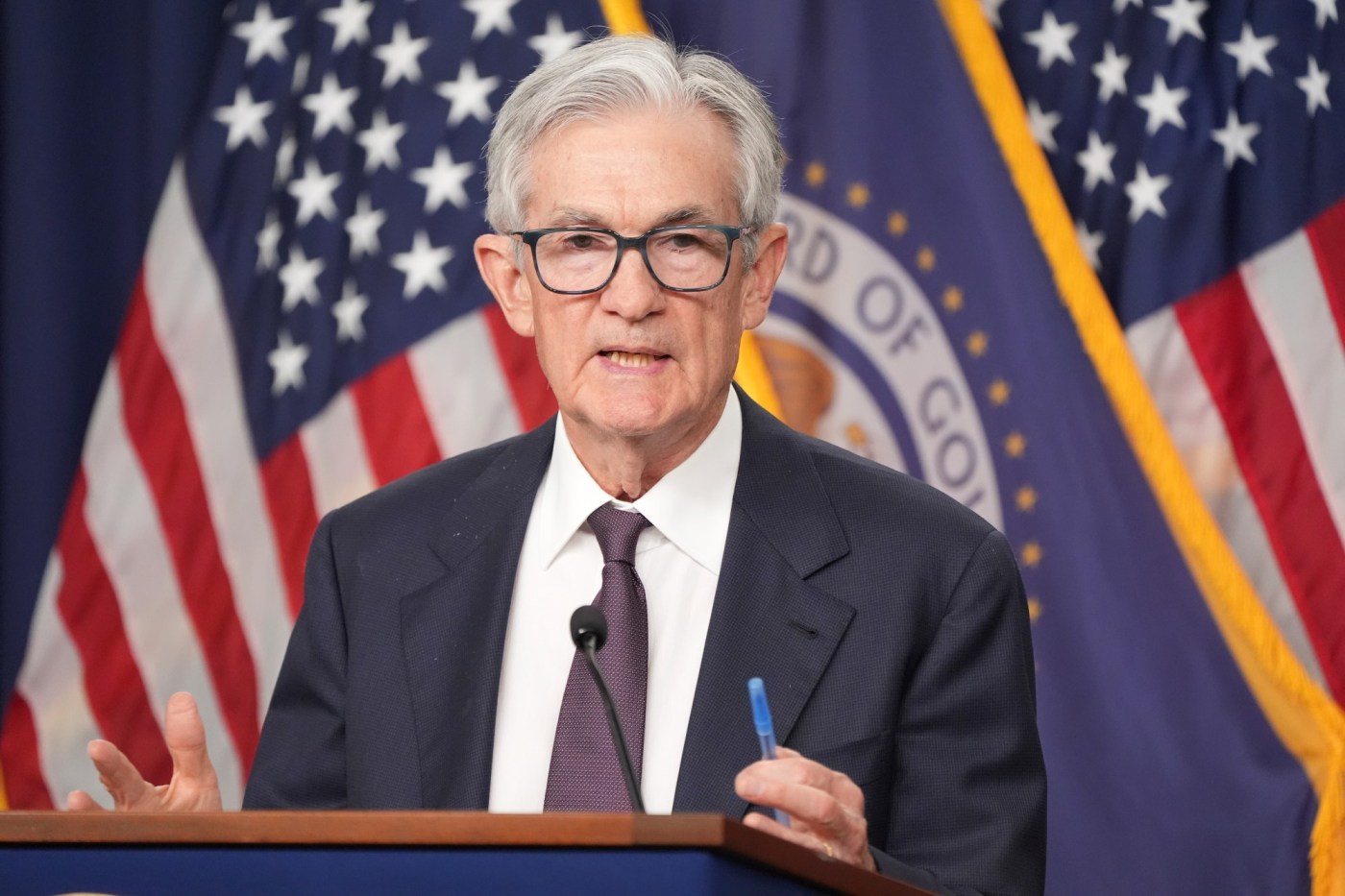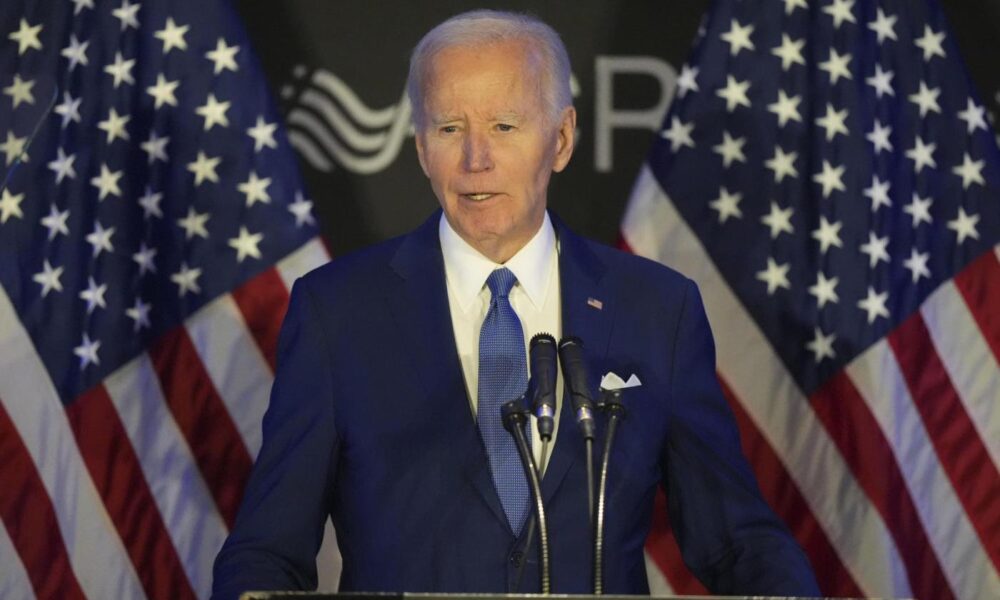A senior advisor at the Pentagon stated during a Senate hearing that his office did not order a pause in weapons shipments to Ukraine over the summer, contradicting earlier reports and previous testimony from his colleagues. Alex Velez-Green, nominated to be the deputy to Elbridge Colby, addressed the Senate Armed Services Committee on Thursday, clarifying that there were brief disruptions related to a capabilities review, but no formal pause in aid.
This testimony came just a day after Austin Dahmer, who is currently performing duties for the position Velez-Green is nominated for, expressed a different account, stating, “I’m not aware of any pause in that aid.” Dahmer’s remarks were made during a separate confirmation hearing. The conflicting statements highlight ongoing confusion regarding the Pentagon’s communication with Congress, especially concerning Ukraine assistance.
Velez-Green emphasized the need for proactive engagement with Congress to prevent miscommunication, stating, “Proactive engagement from us would have been helpful.” His comments reflect a growing frustration among lawmakers, who have criticized the Pentagon’s lack of coordination on significant decisions, including a review of the AUKUS agreement and the cancellation of a rotational Army deployment to Romania.
Senator Tom Cotton of Arkansas pointedly remarked on the challenges of reaching the Pentagon’s policy office, likening its communication style to the disheveled character Pigpen from the *Peanuts* comic strip. Senator Deb Fischer of Nebraska pressed Velez-Green on the importance of meaningful engagement with Congress, asking, “Do you agree that meaningfully engaging with Congress is necessary for the department to ultimately receive the authorities and funding needed?”
Velez-Green’s testimony also addressed the Pentagon’s recent actions that have caught lawmakers by surprise. He noted that some media reports have inaccurately portrayed the Pentagon’s stance on military deployments. He specifically referenced a June article that suggested Colby’s office opposed the deployment of an additional carrier strike group to the Middle East, which contradicted claims made by Pentagon spokesperson Sean Parnell that Colby was “totally synced up” with the administration.
The Pentagon’s recent approach has raised concerns about its compliance with legal requirements, including the development of the National Defense Strategy. Velez-Green confirmed that while discussions occurred, he could not divulge specifics in the public forum. He assured the committee that he would provide documentation in a classified setting.
Senator Ted Budd of North Carolina sought Velez-Green’s commitment to respond personally to lawmakers’ requests for information. Velez-Green acknowledged the frustrations voiced by senators and promised to engage proactively with Congress if confirmed, stating, “If confirmed, you have my commitment to lean as far forward in engaging proactively with Congress.”
As the Pentagon navigates this complex landscape, the necessity for improved communication with Congress remains a pressing issue. The conflicting accounts regarding Ukraine aid serve as a reminder of the critical need for transparency and collaboration in defense policy-making.







